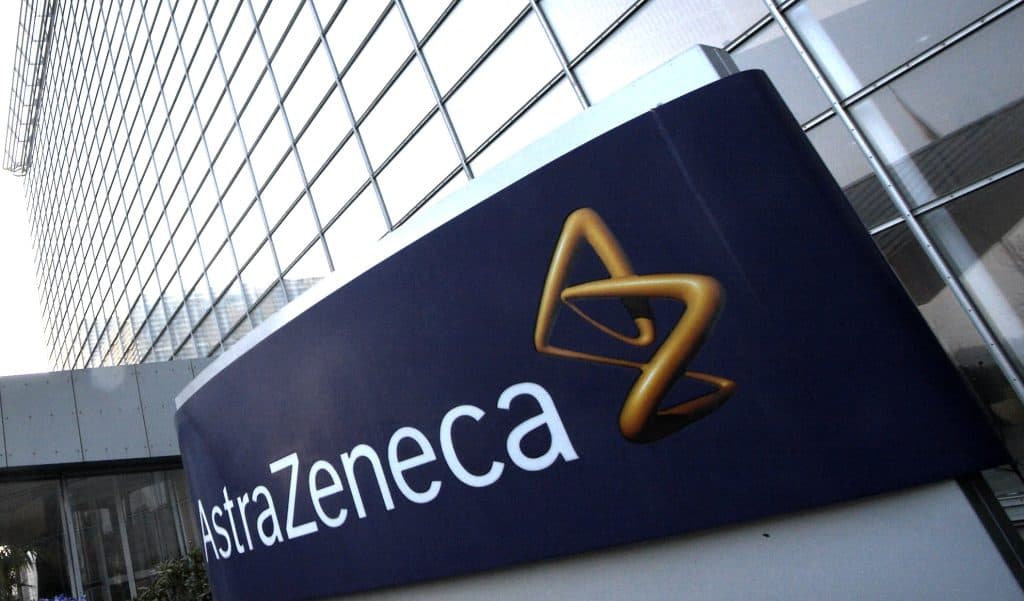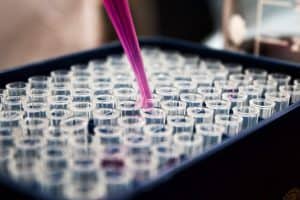
AstraZeneca buys neuroscience molecules
pharmafile | July 13, 2012 | News story | Research and Development | Alzheimer's, AstraZeneca, neuroscience
AstraZeneca is to acquire a portfolio of neuroscience assets from Link Medicine, a private US pharma firm.
The deal is the latest step in AstraZeneca’s new strategy in neuroscience, and area of high unmet medical need, but one which has proven hard to make progress in.
Last year the company closed two major research centres devoted to neuroscience, one in Södertälje in Sweden and the other Montreal in Canada.
The company’s R&D chief Martin Mackay said it would continue to invest in neuroscience but would “work very differently to share cost, risk and reward with partners in this especially challenging but important field of medical research.”
The firm has set up a virtual neuroscience unit called the Innovative Medicines Unit or ‘iMed’ with the aim of making its operations more scientifically and financially agile. In-house teams are based in its new neuroscience hubs — Boston in the US and Cambridge in the UK. The units hope to develop drugs for neurology, psychiatry and neuropathic pain.
The new deal with Link Medicine is the third for the iMed, which was established earlier this year.
Link Medicine is focused on R&D in the field of autophagy, an intracellular process that clears and recycles misfolded proteins and has been developing potential new treatments for a range of neurodegenerative diseases.
AstraZeneca has bought multiple small molecule assets in clinical and preclinical stage that target the enzyme farnesyltransferase and modulate autophagy. Autophagy is an emerging area of research that can be applied to a range of neurodegenerative diseases, including Parkinson’s and Alzheimer’s disease. Both of these conditions are characterised by a build-up of incorrectly folded, aggregated and ultimately neurotoxic proteins.
The deal will see AstraZeneca pay upfront and milestone payments and take on all of the programme’s research and development activities. The financial terms of the deal have not been disclosed.
John Dee, president and chief executive of Link Medicine, said: “We are delighted to have reached an agreement with AstraZeneca, who have a strong heritage in neuroscience research and development. We are confident their scientists will accelerate the development of this truly novel programme that has broad applications in neurodegenerative diseases.”
Dr Menelas Pangalos, executive vice president of Innovative Medicines, AstraZeneca, said: “AstraZeneca is committed to neuroscience drug discovery and development, and is always looking for new ways to share cost, risk and reward with other research partners. This agreement provides us with an entry into an exciting and vital piece of research into autophagy – an area of considerable importance in neuroscience.”
This innovative therapeutic approach is designed to restore the natural balance between the production and clearance of toxic protein aggregates. The long-term aim of this research is to develop disease-modifying drugs that will benefit patients with neurodegenerative diseases.
Andrew McConaghie
Related Content

Evotec shares progress in Bristol Myers Squibb neuroscience collaboration
Evotec has announced that it has reached important scientific progress within the neuroscience collaboration with …

FDA accepts Eisai’s Leqembi sBLA for early AD treatment
Eisai and Biogen have announced that the US Food and Drug Administration (FDA) has accepted …

AstraZeneca shares results from phase 3 TROPION-Lung01 trial
AstraZeneca has announced results from the phase 3 TROPION-Lung01 trial of AstraZeneca and Daiichi Sankyo’s …








